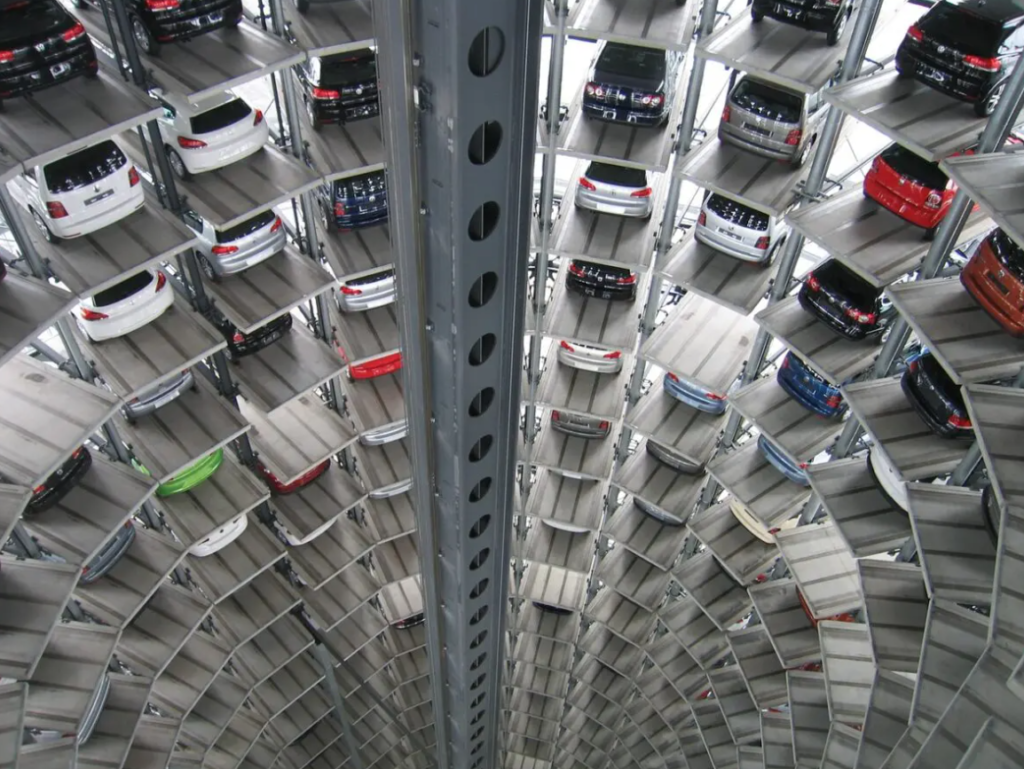What does the ‘no’ front want to the ban on diesel and petrol cars?
(sustainabilityenvironment.com) – Eight European countries against the new Euro 7 rules, almost a third of the total. And with two heavyweights (for GDP, population and car industry) as Germany and Italy. After the barrages of statements in random order in recent weeks, finally comes out the front that opposes retiring internal combustion engines in 12 years. Yesterday in Strasbourg the Czech Republic – president of the EU – reunited the other 7 ‘conspirators’ in order to change the cards on the tables on the ban of the diesel and gasoline auto, even if already approved by Europarlamento and Council.
The new emission limits? “We consider them unrealistic and would like to be able to modify them in the coming months,” explained Martin Kupka, Czech Minister of Transport. “In addition, we are concerned about the potential negative impact on the environment as well, because as car costs increase they will not help fleet upgrades. Fewer people can afford to change cars. The proposal is counterproductive, it needs to be amended in the coming months since it requires unrealistic actions”.
What does the ‘no’ front want to the ban on diesel and petrol cars?
The negotiations in Strasbourg have started. Together with colleagues from 🇩🇪🇮🇹🇵🇱🇭🇺🇷🇴🇸🇰I will mainly talk about our objections to the draft of the EURO 7 emission standard and the possibilities of mutual cooperation in promoting its change. pic.twitter.com/PXOdq65iYS
— Martin Kupka (@makupka) March 13, 2023
The common goal is to blow up the bench. But alignment is not total. The demands of countries are sometimes dissonant. The first critical point is the date of entry into force of the new limits on car emissions. The agreement between the two EU co-legislators says mid-2025. Too early for the dissident patrol. It takes at least 4 years to give the industry time to adjust.
E-fuels or electric fuels are synthetic fuels derived from the electrolysis of water, to obtain hydrogen, powered by renewable energy. The H2 is then combined with CO2 or N2 for the production of other e-fuel types. Compared to traditional fossil fuels, CO2 savings are around 70% over the entire life cycle. But above all, electric fuels have two other great advantages that appeal to the car industry.
First, they are fully compatible with existing distribution infrastructure and endothermic engines. Second, they have a high energy density and are therefore a plausible alternative to diesel and gasoline. (But to produce them in acceptable volumes would require an electrolysis infrastructure that the EU does not yet have and, according to projections, will not have by 2035. By that date, all EU capacity would be enough to power just 2% of the car fleet).
All these considerations do not move Poland. Warsaw does not want to know about the ban on diesel cars and gasoline until 2035 or e-fuel or the massive penetration of electric cars. All of these changes, which, in one way or another, the Polish Government reasons, would entail higher costs for consumers.
Then there is the date of the ban on diesel and petrol cars. The majority view is that there should be no ban on the sale of new endothermic vehicles. Prague, Berlin and Rome are following this line: let’s cancel the phase-out date and introduce the obligation, from 2035, to use only e-fuels and not oil derivatives.

